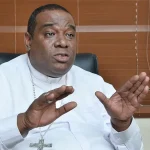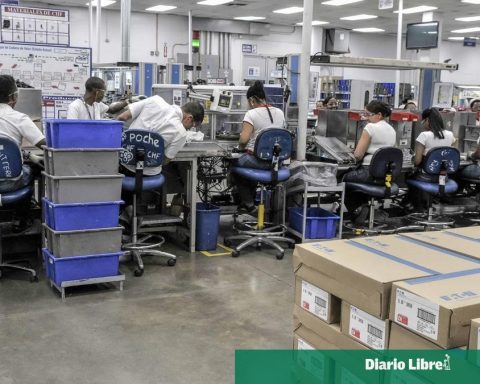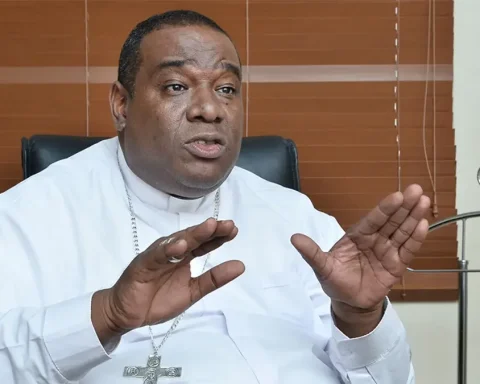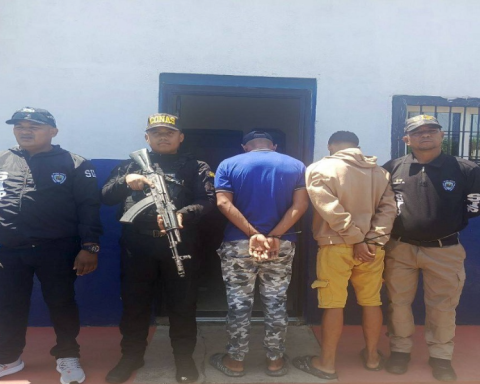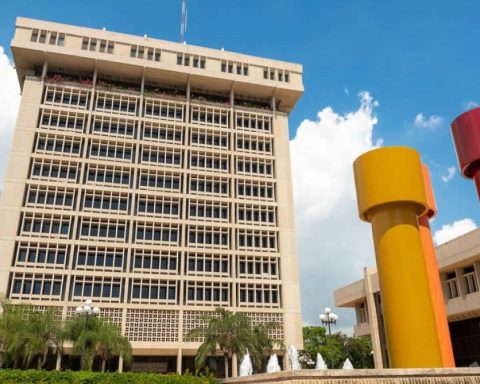Members of the Social Communication Council (CCS), experts in law and communication are concerned about the use of digital technologies during this year’s electoral campaign for mayor and councilor, as they expressed during a public hearing of the Social Communication Council, which took place on Monday morning (5) in the Senate.
Starting August 16, candidates will be able to conduct electoral propaganda, including on the internet, according to the calendar of the Superior Electoral Court (TSE). The election will take place in October, without Brazil having laws approved by the National Congress that specifically regulate the functioning of social networks and the use of artificial intelligence (AI).
“They are platforms for accessing knowledge that have the capacity to induce a worldview,” recalls Marilda Silveira, a doctor in Administrative Law and professor at the Brazilian Institute of Education, Development and Research (IDP).
“The municipal election is always a laboratory for general elections that will be held 2 years later”, recalls lawyer Ângela Ginachi, CCS advisor.
“In the electoral context, these technologies have the potential to expand the reach of information and promote a valuable and inclusive debate. However, they can also be used to spread misinformation, manipulate opinions, and undermine the integrity of the democratic process. We have seen examples around the world of how these tools can be used in harmful ways,” warns Fabrício da Mota Alves, representative of the Federal Senate on the Advisory Board of the National Telecommunications Agency (Anatel).
Comprehensive laws
The hearing highlighted the need for the Chamber of Deputies and the Senate to approve comprehensive legislation for the use of digital resources. “I don’t think it’s the best scenario to approve a general regulation that doesn’t consider the electoral process as part of this world we live in,” emphasizes IDP professor Marilda Silveira.
In the absence of laws approved by the legislature, the TSE modified the resolution on electoral propaganda to prohibit deepfakes, require notices about the use of artificial intelligence in campaign materials, restrict the use of robots to mediate contact with voters and hold so-called big tech companies accountable when they do not immediately remove content containing misinformation, hate speech and anti-democratic, racist and/or homophobic content.
For Samir Nobre, general director of the Brazilian Radio and Television Association (Abratel) and member of the CCS, there are laws that can classify digital platforms in various situations. “The legislation is in place. We understand that we can advance in relation to platforms with the instruments that we have in our hands today,” he says.
Marina Giancoli Pita, coordinator of Freedom of Expression and Combating Disinformation at the Digital Policy Secretariat of the Presidency of the Republic, agrees that it is possible to apply existing legislation against potential deviations and cybercrimes. She, however, advocates for regulations to force platforms to demonstrate “a continuous and sufficient effort” to ensure that the virtual environment is honest.







